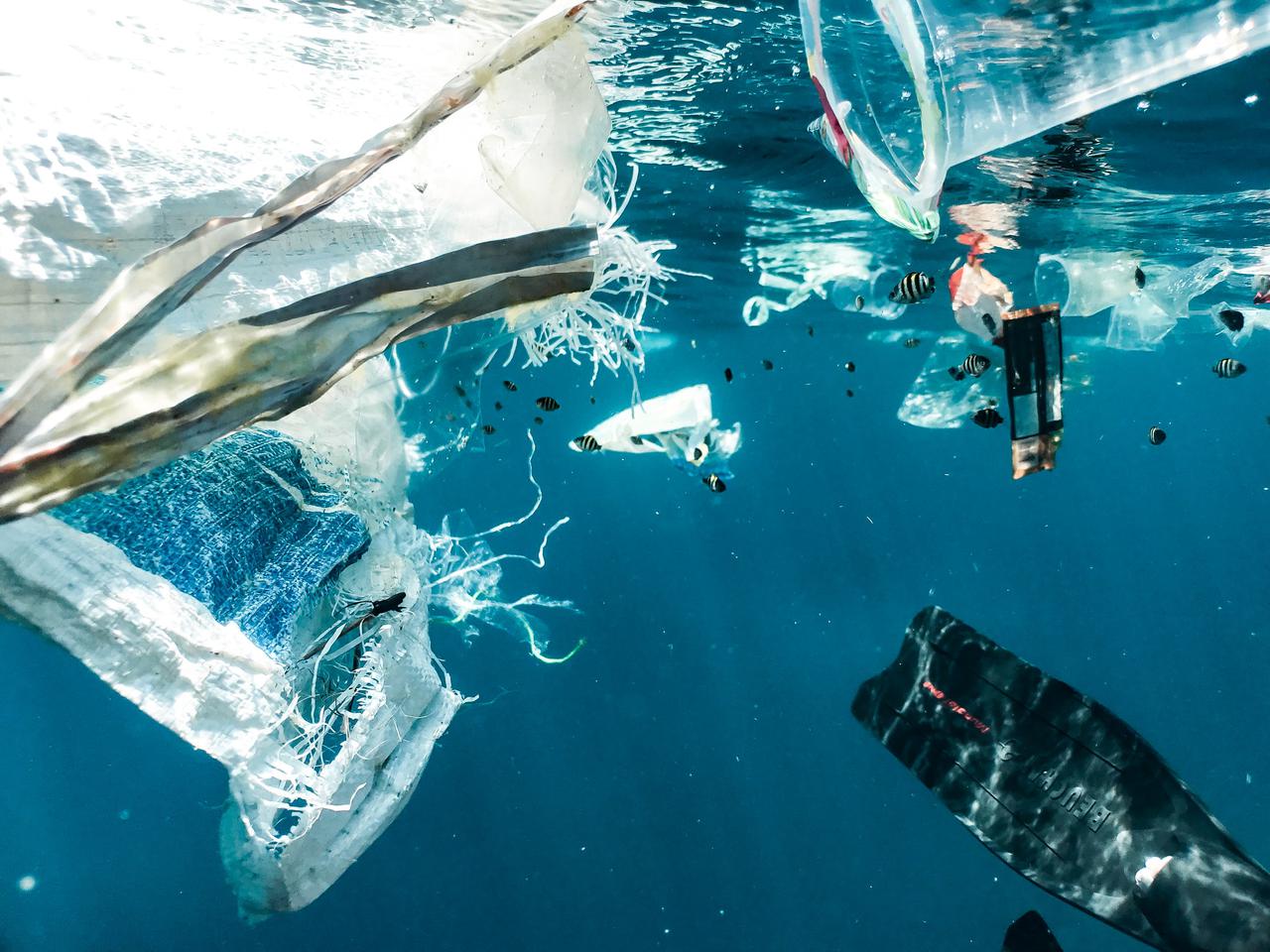Most people are aware, on some level, of the negative impact of plastic pollution on the environment. You may see it occasionally or even frequently in your own daily life; plastic products littering the natural habitats of animals and the spaces in which we live and work on a daily basis. What you may be less aware of is the impact it’s having on human health, though you aren’t alone. Even the scientific community isn’t aware what our regular ingestion of microplastics means in terms of health consequences.
While it isn’t completely clear what the full scope of the damage to biological life is from the abundance of plastic pollution, what is clear is that it’s a problem that needs to be addressed by action on many fronts. Many major initiatives from governments and other organizations are attempting to reverse course in terms of plastic usage and reduce its impact on natural environments.
But it can’t just be left to these governments and organizations to address the problem of plastic pollution on their own. Greater action needs to be taken by commercial enterprises, private companies, and major public corporations, too. In this blog post, we’ll take a deeper dive into each element of the plastic pollution issue, the environmental initiatives in the U.S. that are attempting to tackle it, and what your company can do to help make our environment safer and healthier.
The problem of plastic waste and its impact on our environment has been a topic of discussion for decades, and as time goes on, more data is being gathered to fully illustrate what this problem actually means for us and other life co-existing with us. Much of that data reinforces the generally-accepted fact that plastic pollution is a serious issue to other animals and their natural environments, directly contributing to a substantial number of deaths among various species each year.
Newer information, however, is also helping to indicate the reality of the plastic problem for human beings, too. One of the most alarming pieces of data is the amount of microplastics that the average person ingests on a regular basis, amounting to as much as a credit card’s worth of plastic each week. Some amount of this plastic even gets absorbed into our bloodstream and lungs, and while researchers aren’t yet sure what kinds of health consequences this may hold, it’s known that microplastics may contain trace metals and other toxic contaminants.
As the data to support the negative impact of plastic pollution continues to grow, major initiatives to curb that impact are gaining support and traction, as well. Many of these have taken the form of laws passed by local governments, such as the ban on plastic bags and straws that some regions have implemented. Additionally, a growing number of states have begun to pass laws making private industry responsible for covering the costs of plastic waste disposal. Some states, like California, are even using recycled plastics as material for building new roads.

While many of the initiatives by government entities to curb plastic pollution have taken the form of placing responsibility for the problem on businesses by banning certain plastic materials and making these businesses cover additional costs for using plastic packaging, there are actions companies can take to not only tackle the problem in a more substantial way, but avoid facing some or all of these consequences, too.
Using recycled plastics and materials like polyethylene, as well as optimizing recycling methods in the workplace, can help prevent additional plastic waste from entering the environment and threatening humans, animals, and other parts of our world. Becher Plastics can help you analyze your on-site recycling methods and switch to more recycling-friendly materials for your business’ needs. To learn more, contact us.